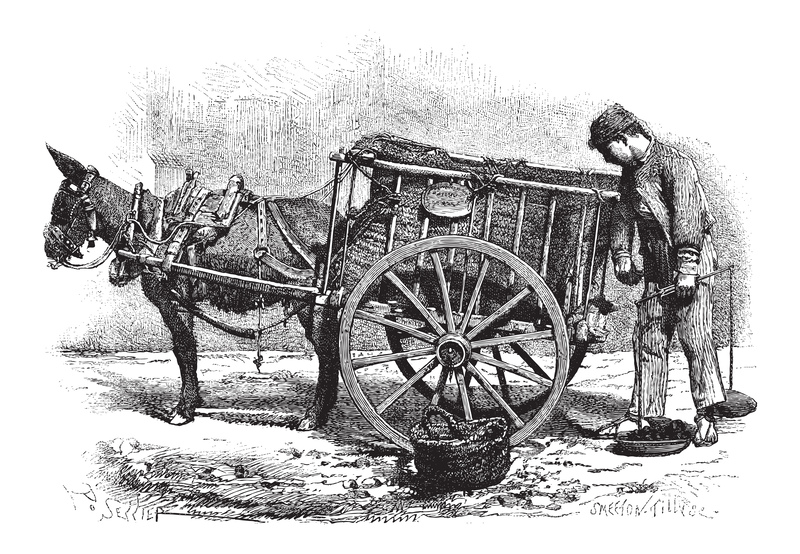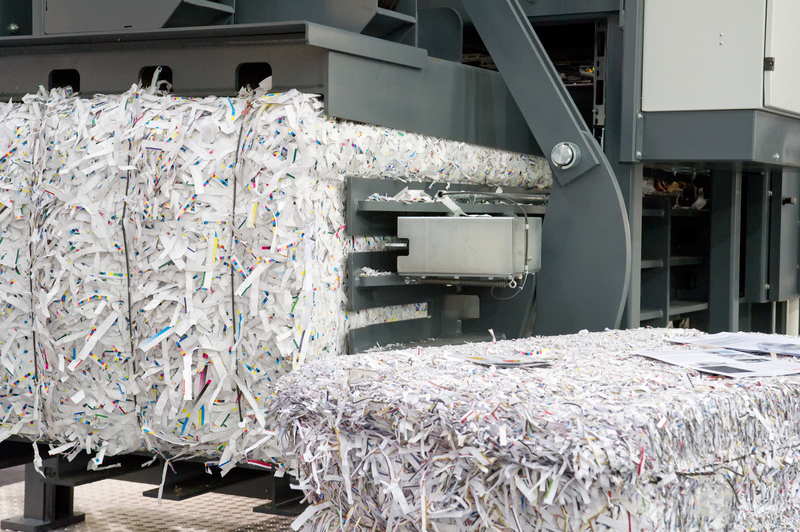Comprehensive Guide to Rubbish Removal and Waste Management

Rubbish removal waste management is a critical aspect of maintaining a clean and sustainable environment. Effective waste disposal not only helps in keeping our surroundings tidy but also plays a significant role in reducing environmental pollution. Understanding the various facets of rubbish removal can lead to better practices and more efficient waste management systems.
There are numerous methods of waste disposal, each with its own set of advantages and disadvantages. From traditional landfills to modern recycling plants, the approach to managing rubbish has evolved significantly over the years. Implementing the right waste management strategy is essential for both residential and commercial sectors.
Proper rubbish removal ensures that waste does not accumulate, which can lead to health hazards and environmental degradation. It is vital to adopt sustainable practices that minimize the impact of waste on our planet.
One of the most effective ways to handle waste is through recycling. By reprocessing used materials into new products, recycling helps conserve natural resources, reduce energy consumption, and decrease greenhouse gas emissions. Additionally, recycling can significantly cut down the amount of waste that ends up in landfills.
Another important aspect of rubbish removal is the segregation of waste. Separating recyclable materials from non-recyclable ones makes the recycling process more efficient and cost-effective. It also ensures that hazardous waste is handled appropriately, preventing potential harm to humans and wildlife.
Innovative technologies have also been introduced to enhance rubbish removal processes. From automated sorting systems to advanced composting methods, these technologies aim to make waste management more streamlined and environmentally friendly.

Community involvement is crucial in successful rubbish removal initiatives. Educating the public about the importance of proper waste disposal and providing accessible recycling facilities can lead to higher participation rates. Community-led programs often result in more effective waste management and a cleaner environment.
Commercial establishments also play a vital role in rubbish removal waste management. Implementing sustainable practices within businesses can significantly reduce the overall waste generated. From minimizing packaging to encouraging the use of reusable materials, businesses can contribute positively to waste reduction efforts.
Government policies and regulations are instrumental in shaping waste management practices. By enforcing guidelines and providing incentives for eco-friendly waste disposal, governments can drive substantial improvements in rubbish removal systems.

The economic aspects of rubbish removal should not be overlooked. Efficient waste management systems can lead to cost savings for municipalities and businesses alike. Investing in recycling infrastructure and sustainable waste disposal methods can yield long-term financial benefits.
Moreover, the creation of green jobs through the waste management sector can boost the economy while promoting environmental sustainability. From recycling plant operators to environmental consultants, numerous career opportunities arise from effective rubbish removal initiatives.
In conclusion, rubbish removal waste management is a multifaceted issue that requires a collaborative effort from individuals, communities, businesses, and governments. By adopting sustainable practices and leveraging innovative technologies, we can achieve a cleaner and healthier environment for future generations.

Continuous research and development in waste management technologies are essential for tackling the growing waste disposal challenges. Innovations such as waste-to-energy systems and biodegradable materials offer promising solutions to reduce the environmental footprint of our waste.
Public awareness campaigns can further enhance the effectiveness of rubbish removal efforts. When people are informed about the consequences of improper waste disposal, they are more likely to engage in responsible waste management practices.
Collaborative efforts between different sectors can lead to more comprehensive and effective waste management strategies. Partnerships between government bodies, private companies, and non-profit organizations can drive significant progress in rubbish removal and environmental conservation.

Adopting a holistic approach to rubbish removal waste management ensures that all aspects of waste disposal are addressed. From reducing waste generation to improving recycling rates, each step plays a crucial role in achieving sustainable environmental outcomes.
Ultimately, effective rubbish removal is not just about managing waste but also about fostering a culture of sustainability and environmental responsibility. By prioritizing waste management, we can contribute to a healthier planet and a better quality of life for all.











